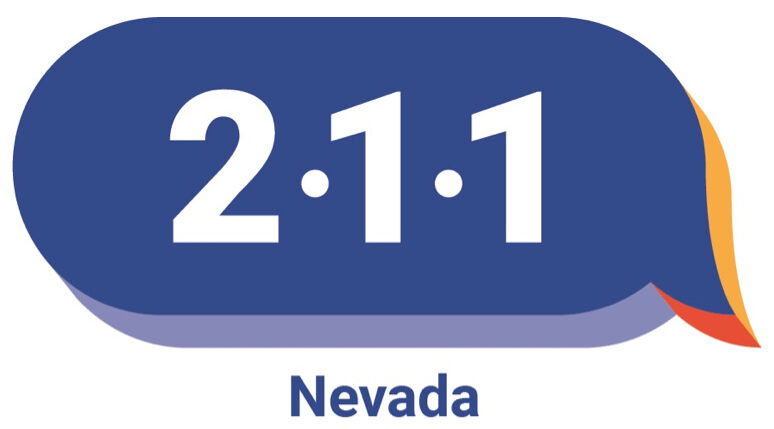20 May Talking about grief
I’d like to talk about grief, and why when you see me it could be awkward.
They teach us to be tough. They teach us to shrug it off. They teach us to not show emotions. They teach us to just keep trucking. What they don’t teach us is how to be vulnerable, and how to communicate with other people when they are going through a difficult time. Below is a letter which was written by a member of our fire department who recently suffered a tremendous loss. This is a good read and I appreciate him going out of his comfort zone and sharing this.
I’d like to talk about grief, and why when you see me it could be awkward.
Oh crap, there’s an elephant in the room… What do you say? Anything? You don’t want to upset me. Maybe I don’t want to talk about it. If you don’t say something, will I think you don’t care or you’re an a-hole?
I’m not the first, nor will I be the last and just because I’m grieving at the moment, I am not trying to claim to be an expert, but let me tell you about my experience with grief prior to this…
Last month I worked with a member that had recently experienced some grief. I was prepared to say something, but chose not to because I was worried I might upset them or make them talk about something they didn’t want to talk about. As a supervisor and a member of the peer support team, I’ve received training to look for indications of grief. All shift I was looking for a sign that I needed to intervene and let them know they could talk to me or that I was so sorry for their loss, but the moment didn’t present itself. I truly cared, I wanted to say something, but it seemed like they were having a “good day” and I didn’t want to ruin that, so I said nothing.
I thought about that shift for days, and why I didn’t say anything. I already explained how I justified my actions. However, with more self-analysis, I didn’t offer support when I should have, mostly because it was super awkward for me. What do you say to someone that suffers a major loss, that’s grieving? Surely, somehow I would have said the wrong thing. I didn’t know how to address it, so I avoided it.
Sadly this wasn’t even the first time I’ve missed on opportunity to be direct with my support for a member that was grieving. It’s ironic that when our brothers and sisters need us the most, it’s the hardest to talk to them.
I am a private person away from work. I am lucky in the sense that I have not needed much logistically to navigate my situation. Regardless, I have received a ton of support and condolences. “Whatever you need, please let us know, we are here for you”. I’ve said the same thing to others. It’s very different when you are on the receiving end and it’s different saying it in-person vs a text or the phone. I specifically asked that people do not call me, because talking about it feels different and I don’t last long before I get emotional.
So how do we support our members that are grieving or have experienced a great loss?
Everyone’s grief process will be unique, but there are some commonalities. Just let them know you care and reach out occasionally. They may need more contact or more space, but don’t be afraid to bring it up. You are not going to make them start thinking about something when they were probably already thinking about it. Regardless, it usually helps them to talk about it. They know when they don’t want to talk about it and if that’s the case, they’ll tell you. Ultimately, support can be just physically being there. They’ll talk when they want to.
When do I say something?
If an announcement is made about a member experiencing a tragedy maybe we shouldn’t all rush them at once, but other than that it’s a safe bet that the next time you see them, let them know you care.
What do I say?
When someone tells me they don’t know what to say or there are no words to describe how sorry they are…. I completely understand, I’ve said and felt those same things. In my personal experience, I can say that it turns out that no words would make a difference. Merely letting people know you care is hugely supportive. Offering support and just checking in from time to time is hugely supportive.
Lastly, consider that people can feel loss over all sorts of things, what’s small to someone could be huge to someone else. Sometimes this job requires us to be tough, but sometimes it requires us to be kind, and sometimes that means being kind to each other or even ourselves.
Again I want to say “thank you” for those who go out of their way to make things better for all of us.
Other Motivation Thursdays Articles by Mrs. Samuels
5 Habits That High Achievers Should Break
“I’d agree with you but then we’d both be wrong.”
“Sit with your anger long enough until it tells you its real name.”
“Stay in your lane… if you want to come into mine, please signal your intentions.”
“This is from Billy, not Amanda (Full Disclosure).”
Survival Mode is part of what we go through in this life at times
Not winning, especially if this is how the news is broken to you about your couch!
Motivational Change vs. Behavioral Change


